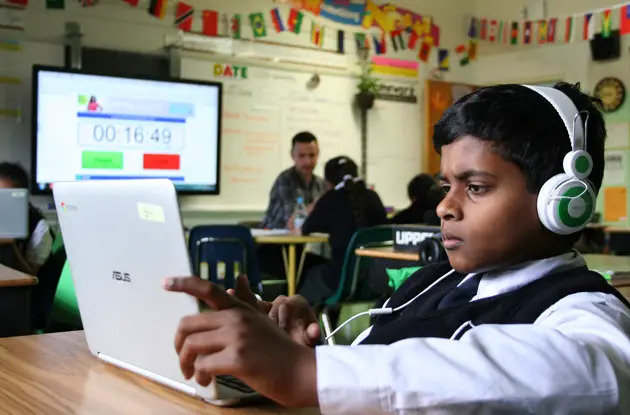Are you looking to hire a private tutor for your child who has learning disabilities? Find out what questions you should ask and download a handy worksheet that will help you evaluate each candidate.
 Your child with learning disabilities may benefit greatly from the one-on-one attention provided by a qualified tutor. Tutors, working closely with parents and teachers, can help children in various ways: reinforcing specific subject matter, helping with homework, suggesting improvements in organization and other study skills, and serving to bolster a child’s self-confidence.
Your child with learning disabilities may benefit greatly from the one-on-one attention provided by a qualified tutor. Tutors, working closely with parents and teachers, can help children in various ways: reinforcing specific subject matter, helping with homework, suggesting improvements in organization and other study skills, and serving to bolster a child’s self-confidence.
A recommendation that your child might profit from working with a tutor often comes from a teacher or a school’s learning specialist or guidance counselor. As a parent, however, you have the deepest insight into your child’s needs and may see the need for tutoring before the school does.
Does my child need a tutor?
Children with learning disabilities (LD) or Attention-Deficit Hyperactivity Disorder (ADHD) almost always need extra assistance in school. A tutor can be a valuable source of help. Ask yourself:
- Is there a particular subject or type of assignment that almost always gives my child trouble?
- Does my child have difficulty studying effectively for tests?
- Does my child have trouble with “executive skills” such as organizing,
planning, or seeing a project through to completion? - Is my child unhappy or anxious about schoolwork?
- Is completing homework a recurring battle in my family?
- Has my child’s teacher (or guidance counselor or learning specialist) suggested tutoring?
If the answer to one or more of these questions is yes, investigate the possibility of getting your child a tutor.
What bits and pieces of information will help you make a decision about which tutor might best meet your child’s needs and the school’s or teacher’s expectations? If your child has learning disabilities, print this handy worksheet to make notes on key points such as: session logistics (i.e. location, length, frequency, etc.); the communication feedback loop (i.e. how will the tutor communicate with you, the teacher, etc.); and costs.
More LD Resources
The National Center for Learning Disabilities provides a myriad of useful guides and checklists on its website, including:
– Visiting a School Worksheet: What to Ask, What to Look For
– LD Checklist of Signs and Symptoms.
The full article from Bonnie Z. Goldsmith, entitled Choosing a Tutor for Your Child, includes more in-depth advice about evaluating types of tutors, engaging your school in the process, issues to prepare for, and what kind of result to reasonably expect.





















